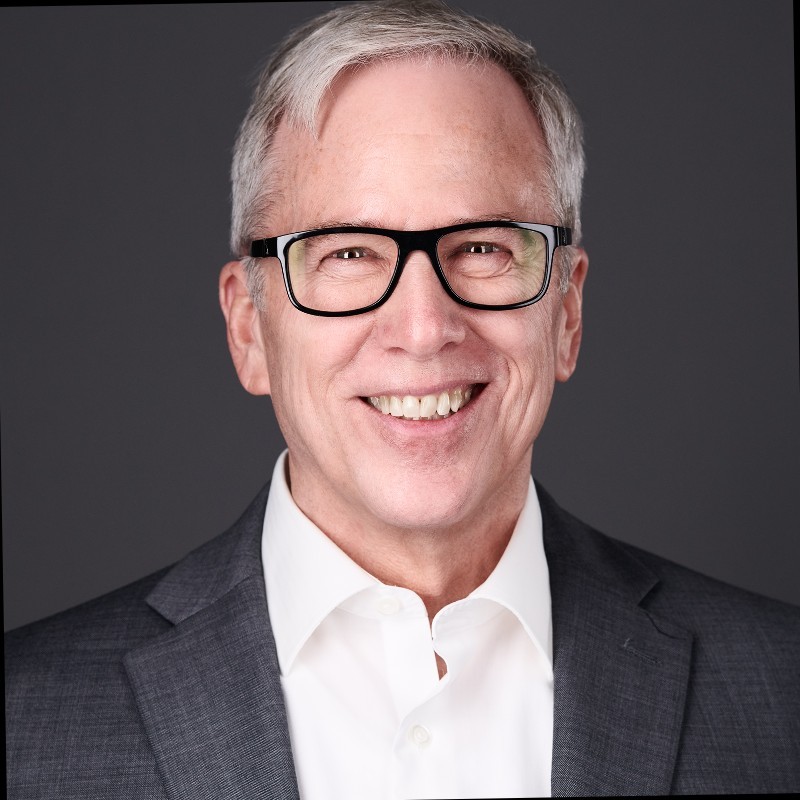FAR expert urges consideration of the home when planning for retirement
When creating retirement plans, people often consider their investments and other financial assets when determining the future course to take, but they rarely consider what is often their most valuable asset: their home.
This is according to Steve Resch, vice president of retirement strategies at Finance of America Reverse (FAR), in a new column published by The Street.
“[C]omparing the potential for return on investment (ROI) on home ownership to a surprisingly similar and well-accepted investment vehicle, the 401(k), illuminates the less-explored investment potential inherent in a home purchase,” Resch said.
While costs associated with homeownership tend to dwarf expenses that are often associated with other kinds of investments, the necessity for having a roof over one’s head also makes the home a more invaluable asset that should be maintained, Resch explained. This requires the separation of the home’s value from its cost, and treating it as both “an investment asset as well as a necessary expenditure makes sense,” he said.

There are also some notable similarities between the home as an asset and a 401(k) retirement account, he explained. Both assets “are long-term investments,” and while “an individual may work for multiple employers or purchase several homes throughout their lifetimes, they will likely pay into each investment for 30 years or more.”
They also both have “systematic contribution options,” including payroll deductions for a 401(k) account and monthly mortgage payments for a home.
Financial advisers would be wise to consider these similarities, and “holding a home to the same performance standards normally applied to a 401k can help illuminate why looking at a home as an investment not only makes sense, but offers an opportunity that would be foolish for any financial advisor to overlook,” Resch said.
Homes and 401(k) accounts alike also offer their own tax benefits, and while a 401(k) is designed to serve as an instrument to generate cash flow, home equity could also serve such a purpose if an eligible homeowner considered a reverse mortgage, he explained.
“The standard protocol for accessing equity has been to sell the property,” Resch said. “However, while selling a home does offer access to cash, it also could exact multiple tolls on the seller, including the costs and emotional impact of the sale and moving.”
Resch has explained in the past why reverse mortgages can be used as retirement planning tools. He has also advocated for the industry to develop firmer ties with financial planners as referral partners.
“I was a referral partner for many, many years,” Resch explained during a 2022 virtual event hosted by HousingWire. “I gave my loan professional probably three to four reverse mortgages every single year, for many years.
“As financial advisers, we trust our referral partners, our trust attorneys, our CPAs and our loan originators. Once you have that relationship, I’m not going to shop for anyone else because I trust you. So, referral partners are very, very important.”




 :215-447-7209
:215-447-7209 : deals(at)frankbuysphilly.com
: deals(at)frankbuysphilly.com
